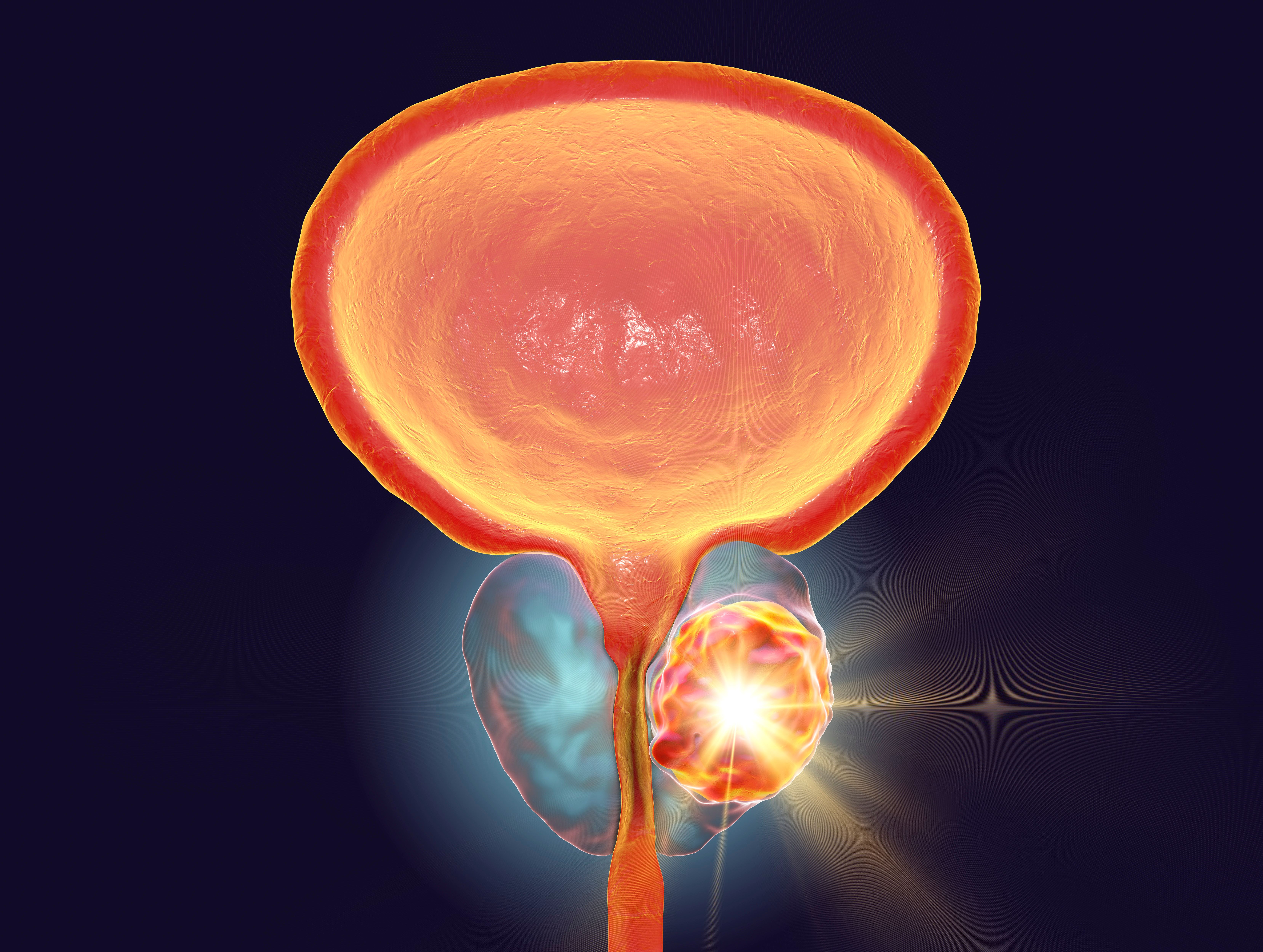Article
Immunotherapy Setback Tops Week in Cancer News
Author(s):
Recent advances and updates in oncology and cancer drug development.
FDA Approves Lenvatinib/Everolimus for RCC
The FDA last week approved the combination of lenvatinib and everolimus as a treatment for patients with advanced renal cell carcinoma following prior antiangiogeneic therapy, based on survival and response data from a phase II study. The combination of lenvatinib and everolimus reduced the risk of progression or death by 63% compared with the mTOR inhibitor everolimus alone.
Median progression-free survival with the combination was 14.6 versus 5.5 months with everolimus (HR, 0.37; 95% CI, 0.22-0.62). The median OS with the combination was 25.5 months compared with 15.4 months with everolimus alone (HR, 0.67; 95% CI, 0.42-1.08). At 2 years, 51% of patients remained alive in the combination arm versus 26% with single-agent everolimus. The ORR with the lenvatinib combination was 37% versus 6% with everolimus alone.
Prior to the approval, the combination of lenvatinib and everolimus had received a breakthrough therapy designation as a treatment for RCC. The combination was approved earlier than anticipated, under the FDA's priority review program.
See more: http://www.onclive.com/web-exclusives/fda-approves-lenvatinibeverolimus-for-advanced-rcc
Oncolytic Poliovirus Receives Breakthrough Designation for GBM
The recombinant oncolytic poliovirus PVS-RIPO has received a breakthrough therapy designation from the FDA as a potential treatment for patients with recurrent glioblastoma multiforme, according to a statement from the developer of the immunotherapy, Duke Medicine. The designation was supported by evidence from an ongoing phase I study that is exploring PVS-RIPO in patients with grade IV malignant glioma.
According to findings presented at the 2015 ASCO Annual Meeting, the 24-month overall survival rate was 24% among 24 patients treated with the immunotherapy. At a data cutoff of May 19, 2015, the median OS across all doses of PVS-RIPO was 12.5 months (95% CI, 6.3-19.8). The 12-month OS rate was 56% (95% CI, 28.7-56.3) and the 18-month rate was 32% (95% CI, 10.4-56.3). At this analysis, 11 patients had failed treatment with PVS-RIPO.
In updated findings, Duke noted that 3 patients remained alive 36 months following treatment. The phase I study exploring PVS-RIPO continues to enroll participants with recurrent GBM, with a phase II/III study being planned, according to Duke.
Immunotherapy Progress Suffers Setback in Pancreatic Studies
A regimen combining the vaccines CRS-207 and GVAX Pancreas failed to improve overall survival versus either CRS-207 alone or chemotherapy in patients with metastatic pancreatic cancer who had failed at least 2 prior therapies, according to topline results from the phase IIb ECLIPSE trial.
The median OS was 3.8 months for patients receiving CRS-207/GVAX compared with 5.4 and 4.6 months for patients receiving CRS-207 alone and chemotherapy, respectively. Prior to this development, the agent had received a breakthrough designation
In the phase III IMPRESS trial, the investigational vaccine algenpantucel-L failed to improve OS versus standard of care for patients with pancreatic cancer following resection. The median OS was 27.3 months when combining algenpantucel-L with standard of care (chemotherapy with or without radiation) versus 30.4 months with standard of care alone. For both groups combined, the OS from the time of randomization was 29.3 months.
See more: http://www.onclive.com/web-exclusives/pancreatic-cancer-vaccine-falls-short-in-phase-iii-trial
Elotuzumab Approved in Europe for Myeloma
The European Commission approved elotuzumab for use in combination with lenalidomide and dexamethasone for patients with multiple myeloma following progression on at least 1 prior therapy. The approval was based on data from the phase III ELOQUENT-2 trial, in which the elotuzumab combination had a 3-year progression-survival rate of 23% versus 15% compared with lenalidomide/dexamethasone alone.
At a median follow-up of 2 years, PFS with the elotuzumab regimen was 19.4 months (95% CI, 16.6-22.2) versus 14.9 months (95% CI, 12.1-17.2) with lenalidomide and dexamethasone alone. The addition of elotuzumab to lenalidomide/dexamethasone reduced the risk of disease progression or death by 32% (HR, 0.68; 97.61% CI, 0.55-0.85; P = .0001). ORR was 78.5% with elotuzumab and 65.5% for the control group (P = .0002).
The median time to next therapy was 33.35 months versus 21.22 months, respectfully (HR, 0.62; 95% CI, 0.50-0.77). An interim overall survival analysis showed a non-statistically significant 23% reduction in the risk of death with the addition of elotuzumab (HR, 0.77; 95% CI, 0.61-0.97; P = .0257). The final survival analysis is still pending.
See more: http://www.onclive.com/web-exclusives/elotuzumab-approved-in-europe-for-multiple-myeloma
Nivolumab/Ipilimumab Combo Approved in Europe for Melanoma
The European Commission has approved the combination of ipilimumab and nivolumab as a treatment for patients with unresectable or metastatic melanoma regardless of BRAF status, based on data from the CheckMate-069 and -067 studies. In the phase III CheckMate-067, the median PFS was 11.5 months for the combination, 6.9 months for nivolumab monotherapy, and 2.9 months for single-agent ipilimumab. Compared with ipilimumab monotherapy, the combination of nivolumab and ipilimumab reduced the risk of progression by 58% (HR, 0.42; P <.0001).
Grade 3/4 AEs were reported in 55%, 16.3%, and 27.3% of the combination, nivolumab, and ipilimumab groups, respectively. In the phase II CheckMate-069 trial, when compared with ipilimumab alone, the combination of nivolumab and ipilimumab reduced the risk of progression or death by 60% (HR, 0.40; 95% CI, 0.22-0.71; P <.002). Responses were seen regardless of PD-L1 status; however, in its opinion issued in April, Committee for Medicinal Products for Human Use noted that the combination improved PFS versus single-agent nivolumab, but only in patients with low tumor expression of PD-L1.
Newsletter
Stay informed on drug updates, treatment guidelines, and pharmacy practice trends—subscribe to Pharmacy Times for weekly clinical insights.





